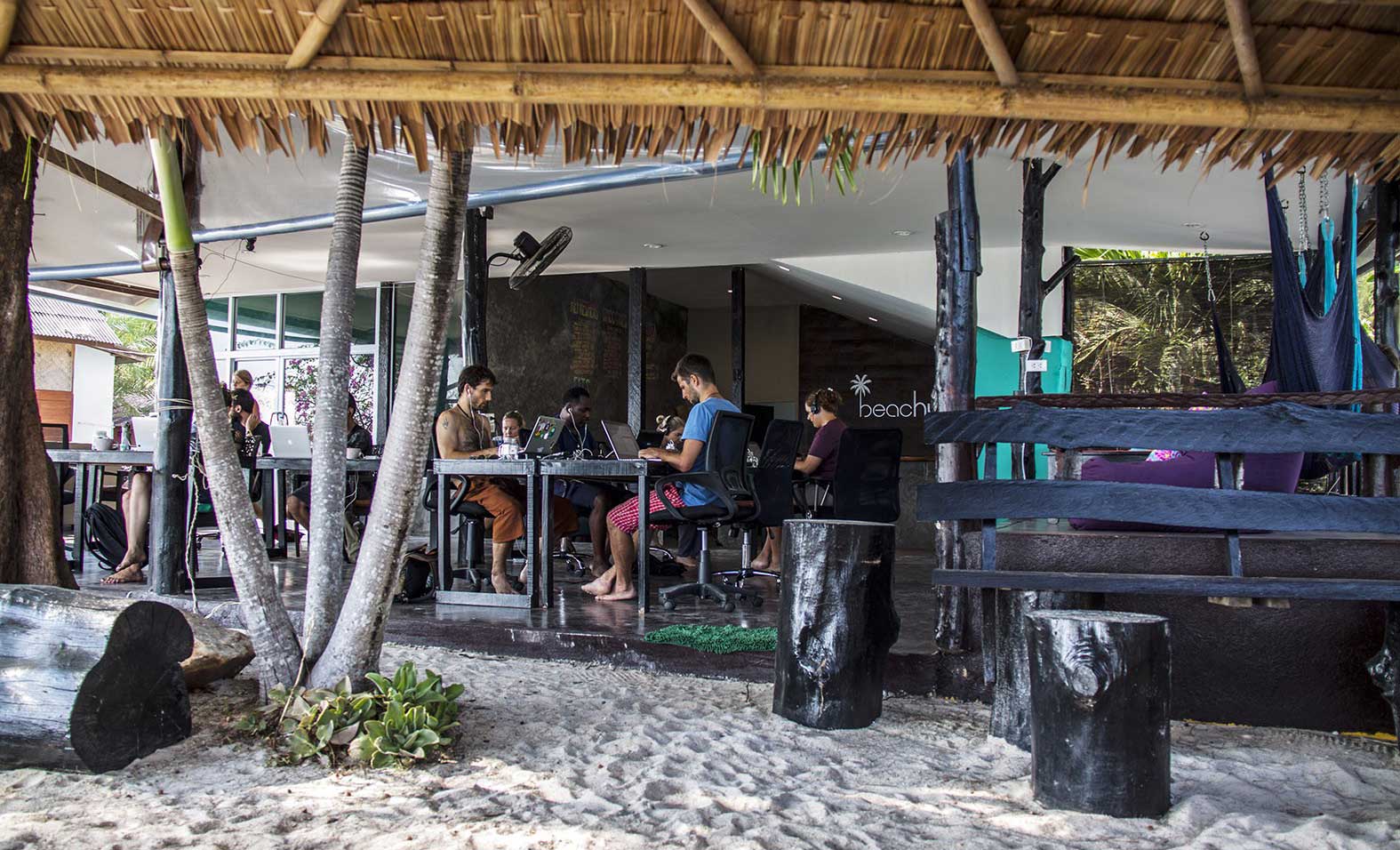Being able to resist temptation is at the core of achieving goals and making the most of our opportunities. Research has confirmed as much, with those tending to score highest in willpower being the same people that live healthy lives, maintain happy relationships, and find the greatest success in their professional endeavors.
Such research has raised willpower to the pinnacle of sought-after qualities. But is it possible to get more of it? While some have attempted (to varying degrees of success) to strengthen it by exposing themselves to temptations and practicing self-restraint, there may be another, and perhaps more effective, solution to our willpower woes.
The Marshmallow Experiment
In one well-known study, psychologist Walter Mischel placed a delicious marshmallow in front of school kids, making note that if they can withstand their watering mouths and growling stomachs they will be rewarded with a second marshmallow. The kids squirmed, twisted in their chairs, covered their eyes, gritted their teeth. Many gave in, some tough souls lasted the 15 minutes.
In follow up studies, Mischel found that those who did hold out tended to fare better later in life, lending support to the power of self-control. However, those that successfully held out often displayed a number of strategies to help them. Many of the kids would divert their gaze away from the marshmallow, cover their eyes, or even pretend that the marshmallow was something else, something they didn’t desperately want to eat.
The kids who looked directly at the marshmallow didn’t stand much of a chance. This raises an interesting question: is willpower about restraining yourself in the face of temptations, or is it about finding ways of avoiding them altogether?
Out of Sight, Out of Mind
There are two ways of measuring willpower—measure it directly with tests such as Mischel’s marshmallow experiment, or question people regarding their past experiences with self-control. While both methods tend to correlate to later success, there is reason to believe they could each be measuring something separate.
One study had people carry devices around with them that would probe them throughout the day, asking them what they were currently doing, what they were being tempted by, how they were fairing in their restraint. What the researchers found was that the people who initially reported higher levels of self-control, were actually being tempted less often.
Another study found that the attainment of goals was influenced more by the frequency and intensity of the temptations they faced, rather than having an exceptional ability to resist them. They also found that exposure to these desirable options saps our energy, leading to what some have called ‘ego-depletion.’
If willpower is in the resistance, then it appears we are not as endowed with self-control as we might think we are. If, however, willpower is in our situational factors and ability to divert our attention, then we may have a better angle for making improvements.
Designing Your Environment
If all the benefits correlated with willpower can be had by limiting our exposure and awareness of temptations, we should be putting a great deal of effort into designing an environment that helps keep us on the right track—and mental habits for when that design misses something.
Changing your environment can be achieved in such ways as making sure not to have unhealthy foods sitting in your home—or at least have them hidden away behind the healthy options. Delete distracting apps or hide them in a folder somewhere so as they’re not the first thing you see when you start your device up. If your couch stops you from going to the gym, take your gear with you during other errands so that you can work out before going back home.
The more ways you can find of hiding your common tempters from your attention, the more successful you will be in avoiding them. Of course, we will not be able to avoid them entirely, and so it pays to have a backup plan for those times we’re caught unprepared.
When the Environment Fails
In this instance, we can take a lesson from the kids that fought off Mischel’s marshmallow—divert your gaze, find something else to think about, or change your perception.
Looking away is the easy option, and fairly simple. Thinking about something else requires having something readily available—think of a question that keeps you up at night, and keep it on mental speed dial so you can bring it forth when you need to be distracted.
Changing your perception occurs, for instance, when we can find a way to make the tasty burger elicit feelings of disgust—learn about where it came from, find some nasty images that you can’t unsee. If this is something that you will benefit from, it shouldn’t be too difficult finding all the negatives regarding the temptation, the trick is making them leave a lasting—and repulsive—impression.
The key to willpower appears less about restraint and more about avoidance. While it seems obvious that we will have an easier time maintaining some positive behavior if we’re never tempted to do anything else, finding ways to limit that exposure is less easy. But it is possible, and if we’re going to reap the many rewards of self-control, we should expend some energy ensuring our environment is set up to help.




